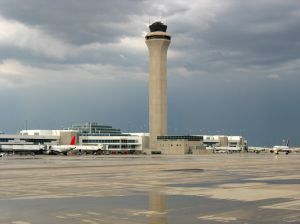 Keith Vaz, chair of UK Home Affairs Select Committee, has openly criticised the state of the UK immigration system in a report that warns the system is in ‘intensive care’.
Keith Vaz, chair of UK Home Affairs Select Committee, has openly criticised the state of the UK immigration system in a report that warns the system is in ‘intensive care’.
The report comes after almost ten years of troubled services for the UK borders, including the e-borders scheme that never quite made it off the mark. Mr Vaz is concerned that the promise of exit checks at British ports in the form of departure lists, set to be introduced this spring will not be forthcoming as he commented within the report that the list ‘no longer looks likely’.
Mr Vaz’ concerns grow as he looks at the increased risk of illegal migration and security. Bemoaning the actions, or lack of them, of previous governments he said, “Successive governments have spent millions of pounds of taxpayers’ money on the botched e-borders programme. Everyone who enters and leaves Britain must be counted in and out.” In 2003, plans were launched for the collection of Advance Passenger Information for those leaving the UK. API is received from airlines and operators bringing passengers into the UK, but there is a distinct lack of information about those that pass across our borders into Europe and beyond.
Mr Cameron argued that much is being done to halt the progress of illegal immigration and figures are being met. The debate continues.








